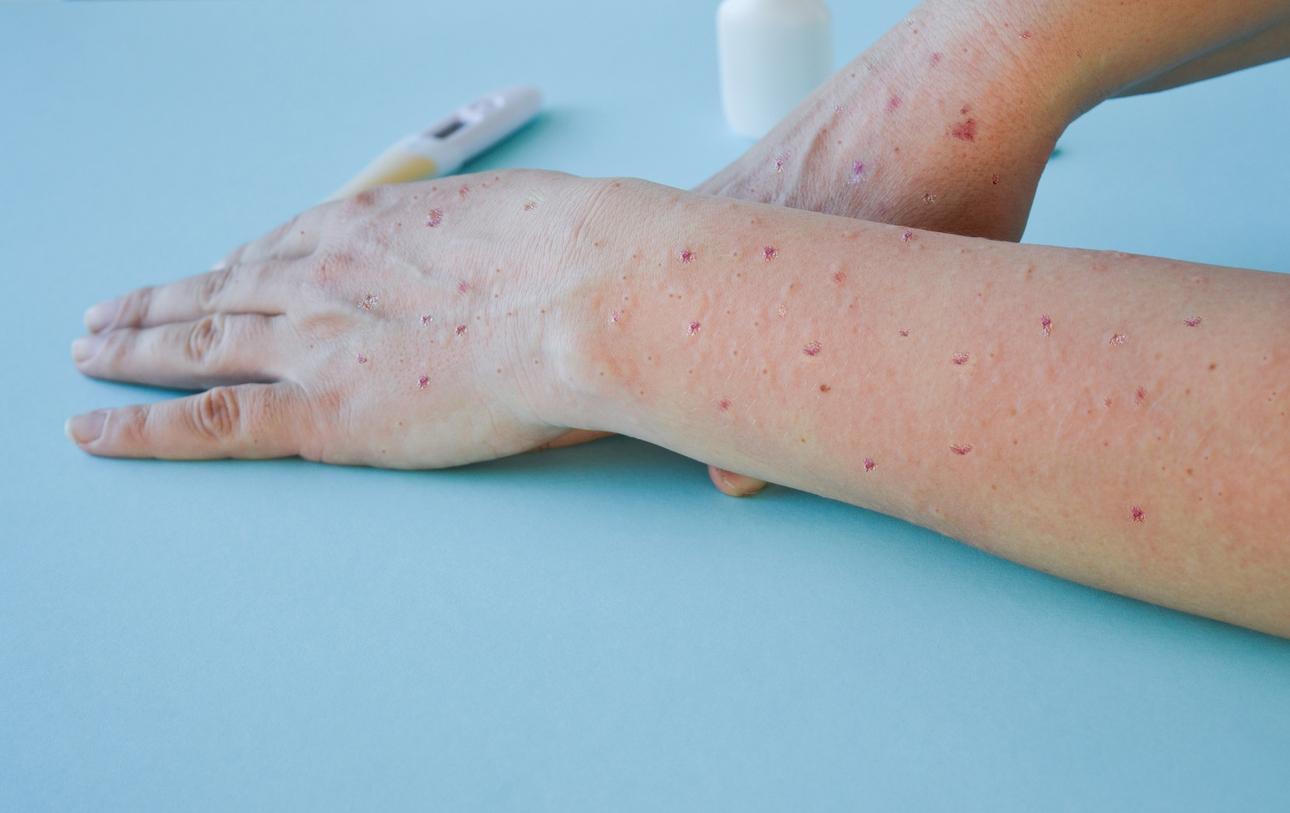Dr Chan is leaving the World Health Organization after a decade of presidency. She will have faced many epidemics and some criticism.

These 10 years at the head of the World Health Organization (WHO) have not been easy for Dr Margaret Chan. H1N1 flu pandemics, Ebola, Zika, cholera… Epidemics have increased over the past decade. And strong criticism has emerged.
Because even if the Director General of WHO is leaving her post to the ovations of the 194 member countries present for the election of her successor (1) which will take place this Tuesday, she does not deny that errors were made. On the stage, she again admitted that the reaction to Ebola in 2014 had been too “slow”.
During this epidemic responsible for the death of more than 11,000 people in West Africa, the WHO was slow to declare “the public health emergency of global concern”. A failure violently castigated by Médecins Sans Frontières (MSF), the first actor to have sounded the alarm.
“When Ebola became a threat to international security and no longer a humanitarian crisis affecting a handful of poor countries in West Africa, the world started to wake up”, summed up Dr Joanne Liu, international president of MSF in a report to vitriol published in 2015.
Dramatization of the H1N1 epidemic
Accused of having reacted too late for Ebola, the director of the WHO has also come under criticism for her management of the H1N1 pandemic in 2009. But this time, detractors believe that she has done too much, waving the specter of a deadly global epidemic. Specialists have also raised certain conflicts of interest with pharmaceutical companies vaccine producers. Facing the 70th Health Assembly which opened on Monday, she conceded that the threat had been “weak” without come back to these accusations. Another mea culpa.
For Prof. François Bricaire, specialist in infectious and tropical diseases at the Pitié-Salpêtrière hospital (Paris), the H1N1 pandemic is the typical example of an excess of precaution. “But it is not easy, I do not throw stones at him,” he explains. Emerging infectious disease epidemics are never the same. And today we do not have the means to predict the evolution of a phenomenon ”.
This expert notes that if the epidemic had been severe and the WHO director had not alerted the planet, she would have suffered even more violent criticism.
Having learned from his mistakes, Dr Chan would then have been more cautious about Ebola. “But the WHO was not the only one to be overwhelmed. Countries also took a long time to react, it was not easy, ”slips Prof. Yazdan Yazdanpanah, head of the infectious disease department at Bichat hospital (Paris) and Coordinator of the Reacting network (research and action against diseases infectious diseases). In fact, the virus had never been observed in this region of Africa, and it had never claimed such a large number of victims. The institutions then thought that the epidemic would go out on its own.

An institution that is too politicized
But beyond these errors of appreciation, it is the functioning of the agency that is called into question. For the Ebola epidemic, several months were lost due to poor communication between the headquarters based in Geneva (Switzerland) and the regional office for Africa. In a internal report revealed by Associated Press in October 2014, members of the WHO pointed out that the office had not traced all the cases. They also disapprove of the fact that the head of the African office was not appointed by Dr Chan but by African ministers of health. Appointments on a political basis which are a source of shortcomings for some.
Shaken, Dr Margaret Chan then took advantage of this crisis to accelerate WHO reform. With the leitmotiv, less bureaucracy, more transparency for better cooperation. A reform which should be continued by his successor since the 3 candidates have included it as a priority in their program.
Changes that have been good. WHO has put in place an epidemic prevention program with the means to act urgently. “There has been a real development in infectious diseases under Margaret Chan’s tenure. We have become aware of the danger represented by emerging diseases and the importance of being ready to respond to them, ”notes Professor Yazdanpanah.
Progress and successes
But for Professor Didier Raoult, from the Research Unit on Emerging Infectious and Tropical Diseases of the Mediterranean University Hospital Institute (IHU), Margaret Chan has devoted too many resources to these issues. “She did not know how to prioritize the real public health problems. I would have liked her to speak more about tuberculosis, malaria or papillomavirus infections, rather than emerging infectious diseases, ”he regrets.
A severe assessment that it also relates to the 3 candidates for the general management of the WHO. “There are real priorities, but unfortunately we haven’t heard about them in the last 10 years, and we are unlikely to hear about them in the years to come”.
Yet the latest WHO report on the state of health of the population published last week shows that great progress has been made. In 10 years, the number of people living with HIV has fallen by a third thanks to better access to antiretrovirals in developing countries. The fight against malaria is also bearing fruit: the number of cases has fallen by more than 40% since 2,000.
“And the list of countries which have eradicated this disease continues to grow,” says Professor Bricaire. This success has been achieved, in particular, by better access to insecticide-treated mosquito nets (60% of inhabitants in risk areas now have them). Big downside: tuberculosis remains a scourge with more than 10.5 million new cases each year worldwide. Ending this epidemic is one of WHO’s priorities for 2030.
But before she bowed out, Margaret Chan told her audience: “The world is better prepared for epidemics.”
(1) Three candidates were selected: the Ethiopian Tedros Adhanom Ghebreyesus, the Pakistani Sania Nishtar and the Briton David Nabarro.
.















